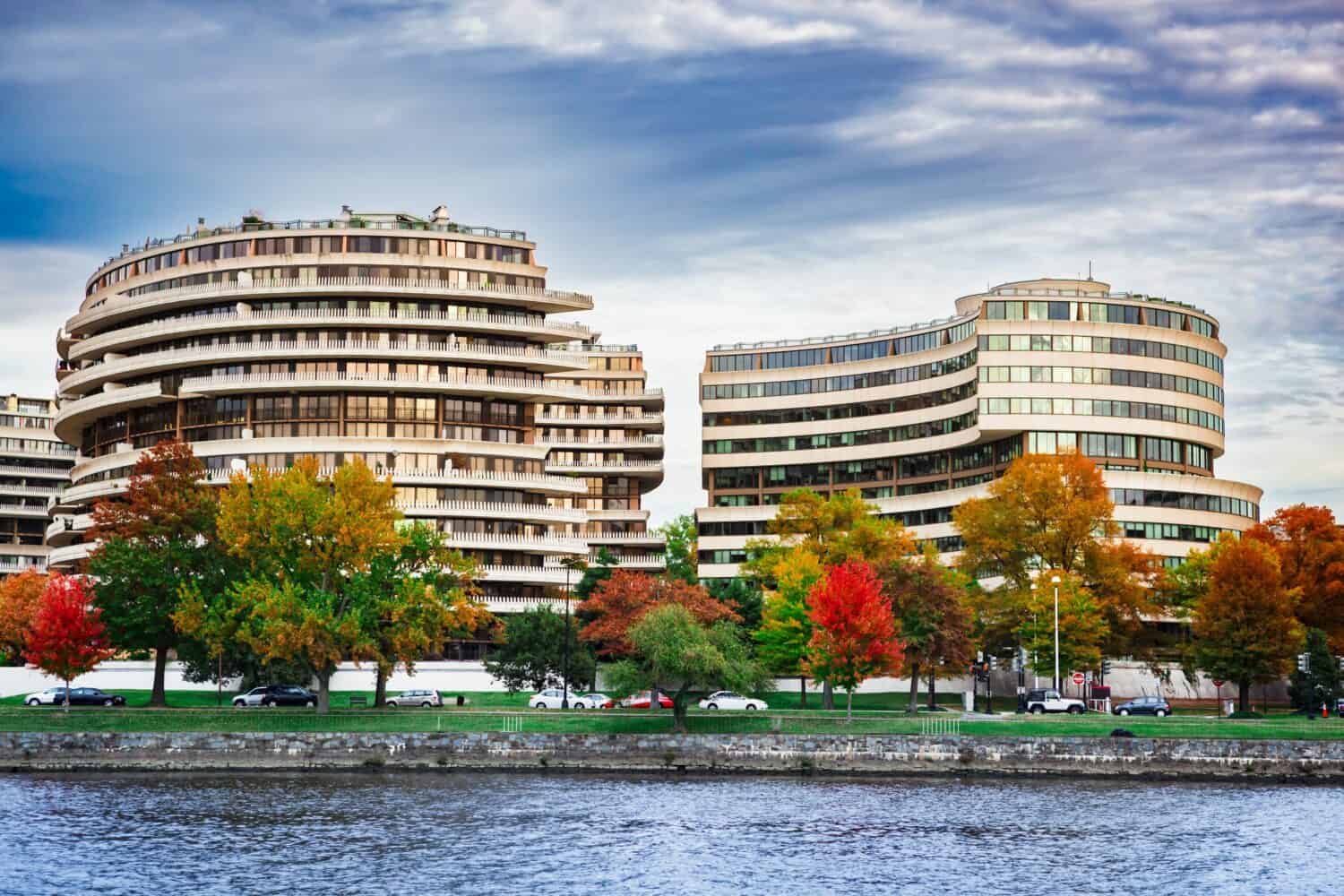
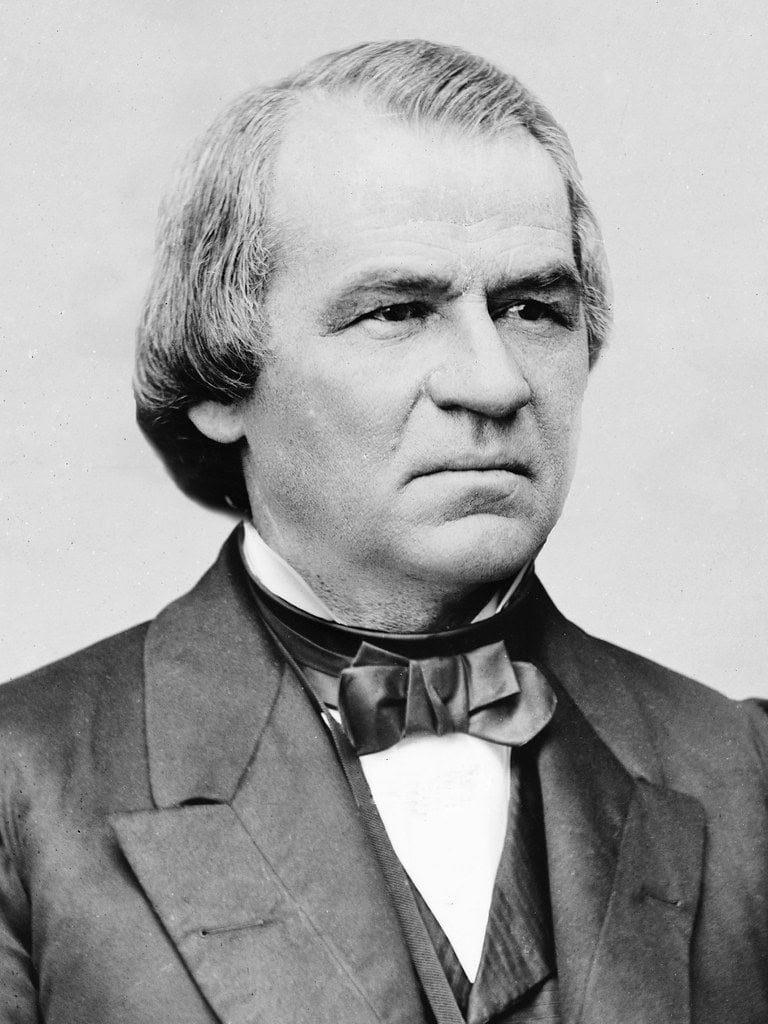
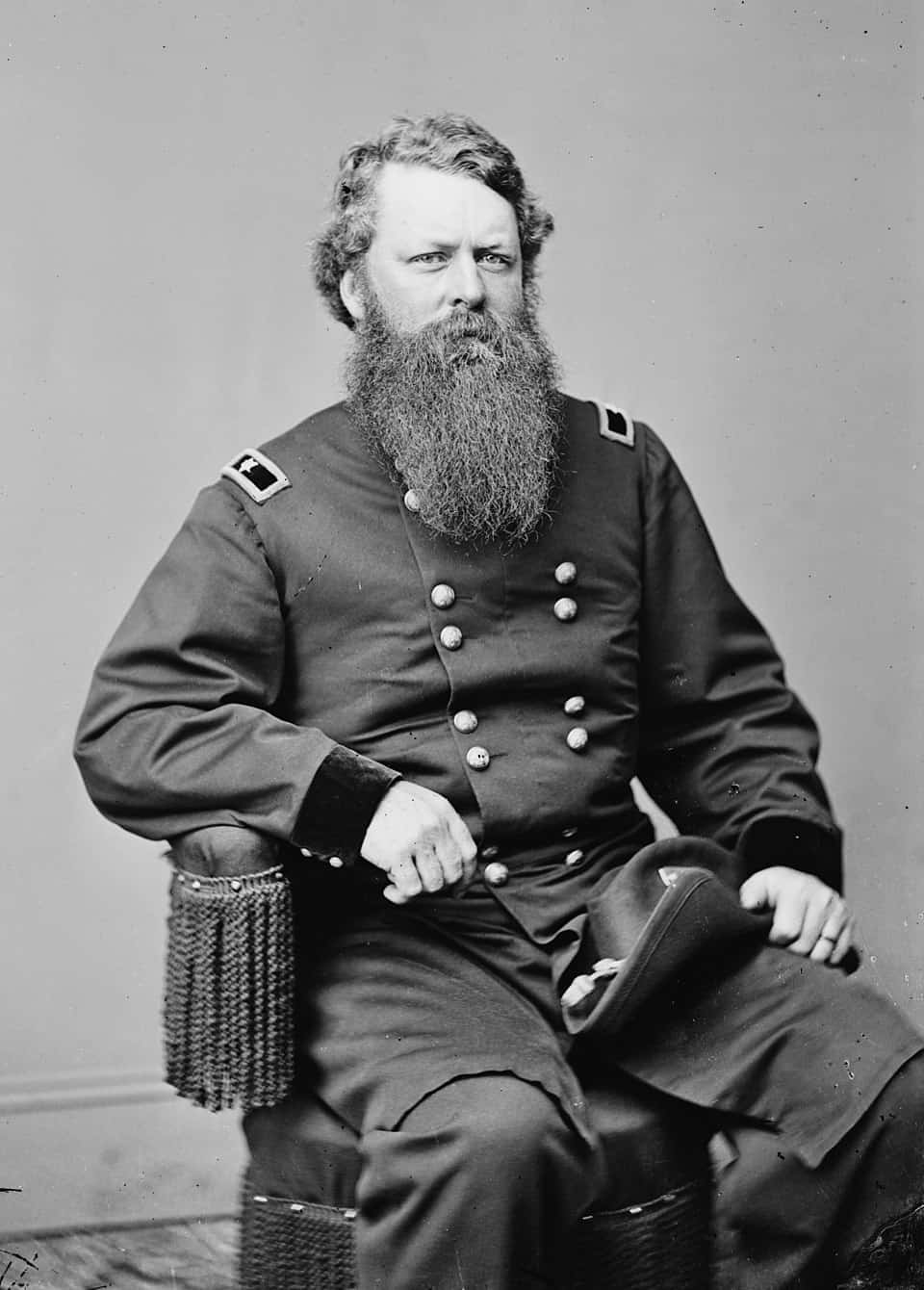

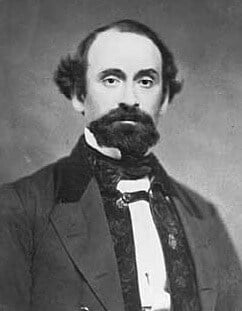

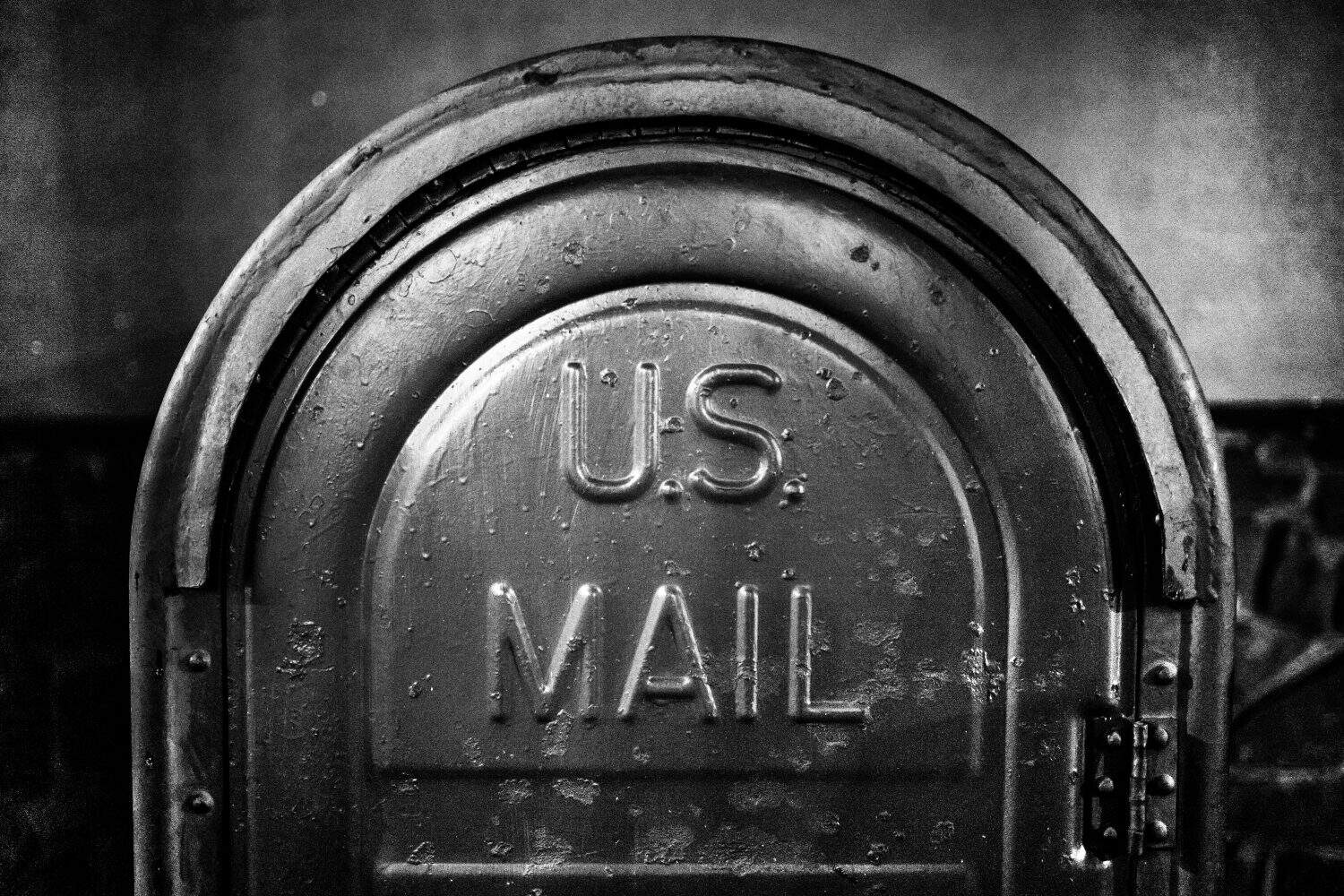
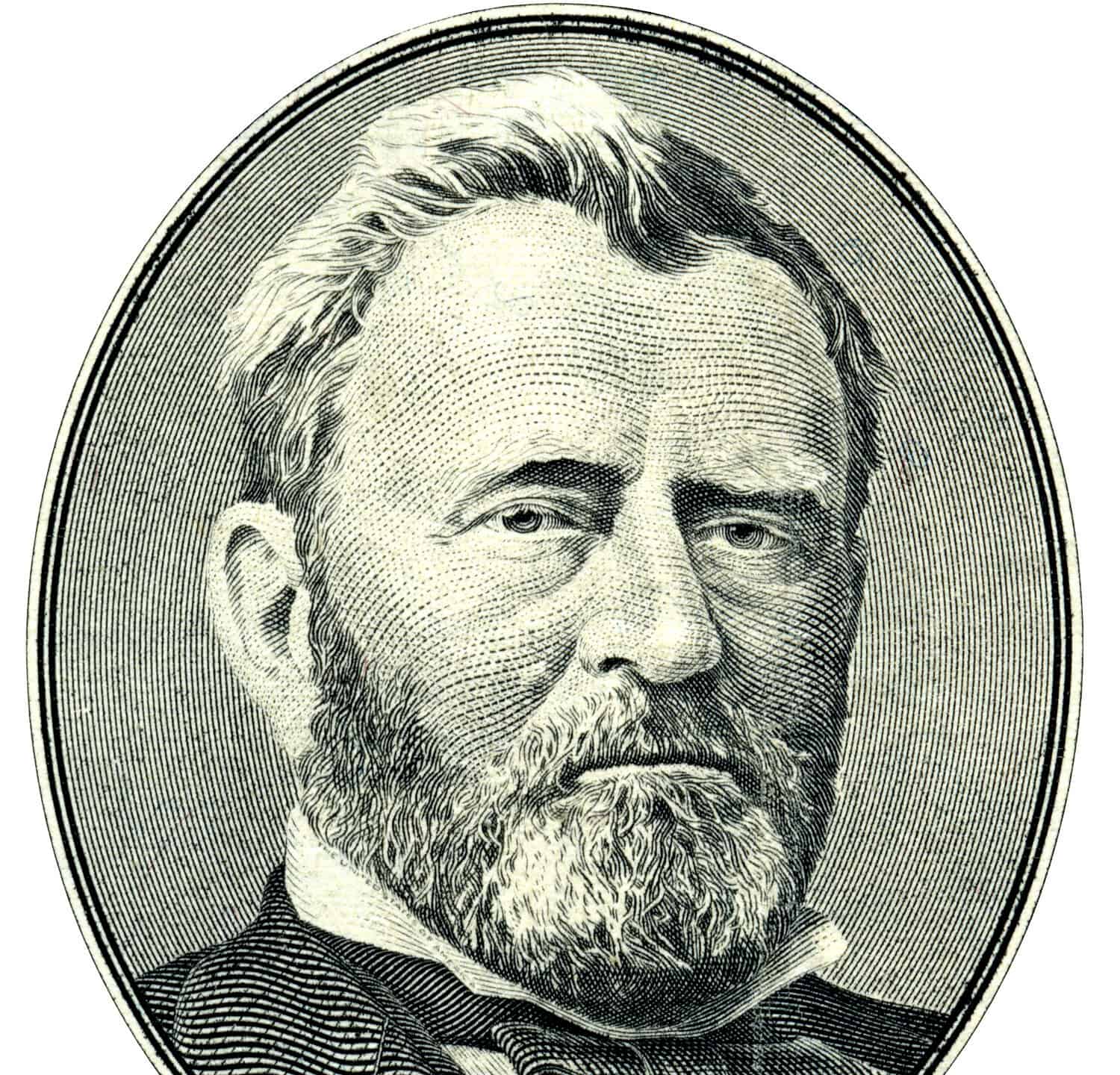
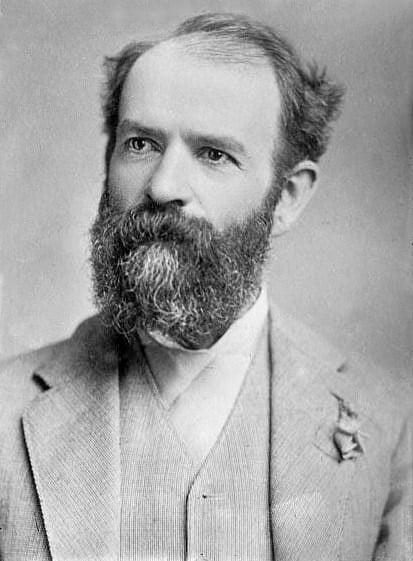
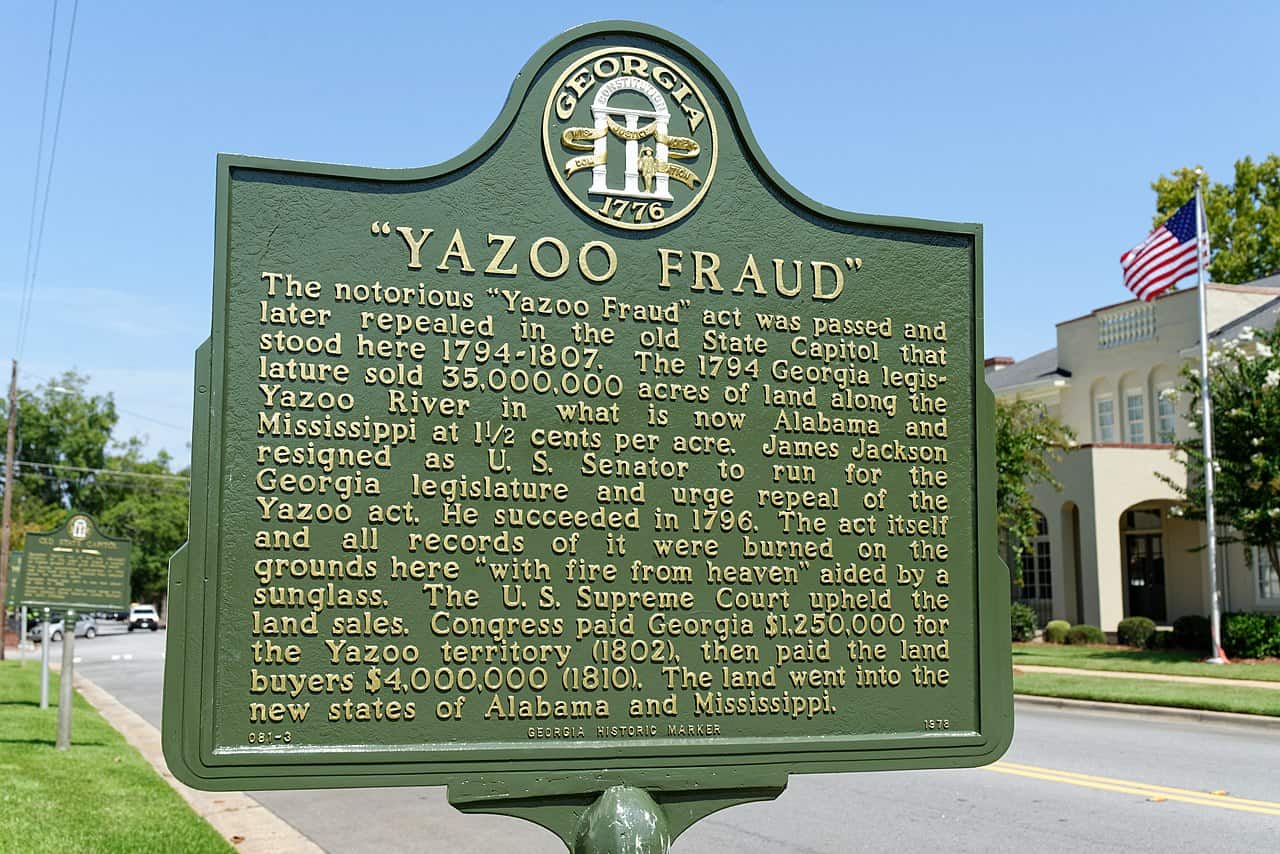
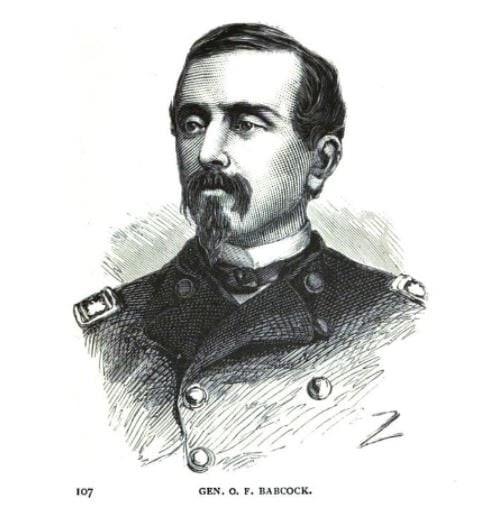

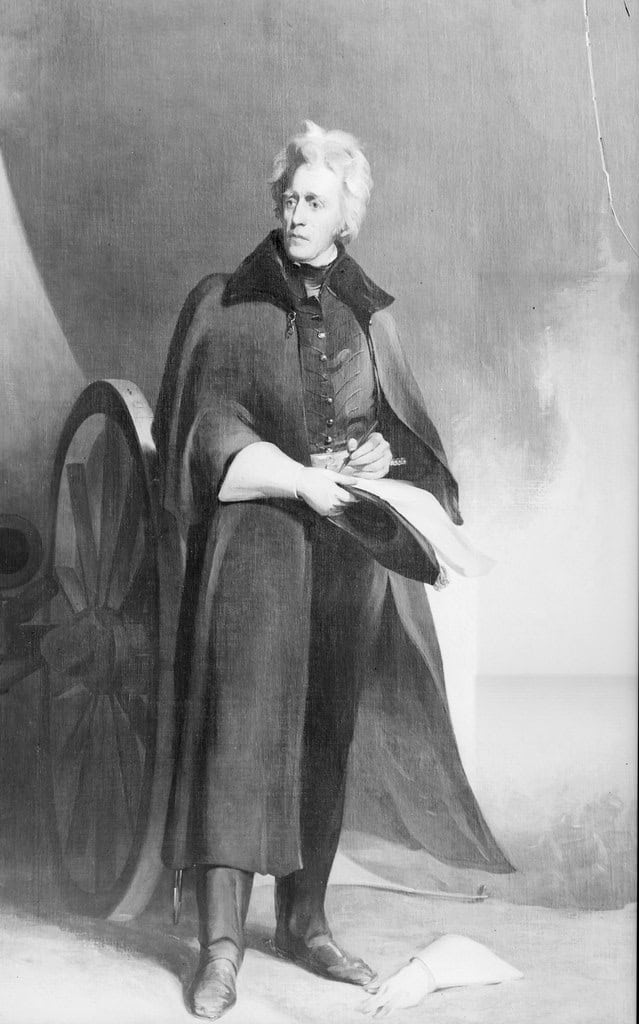
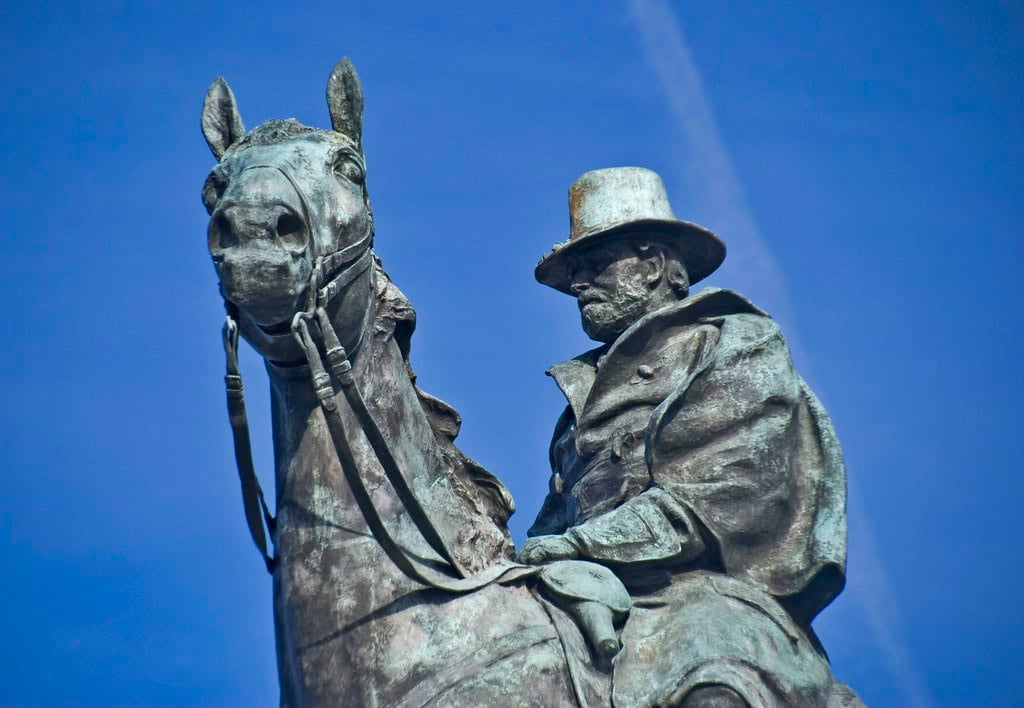
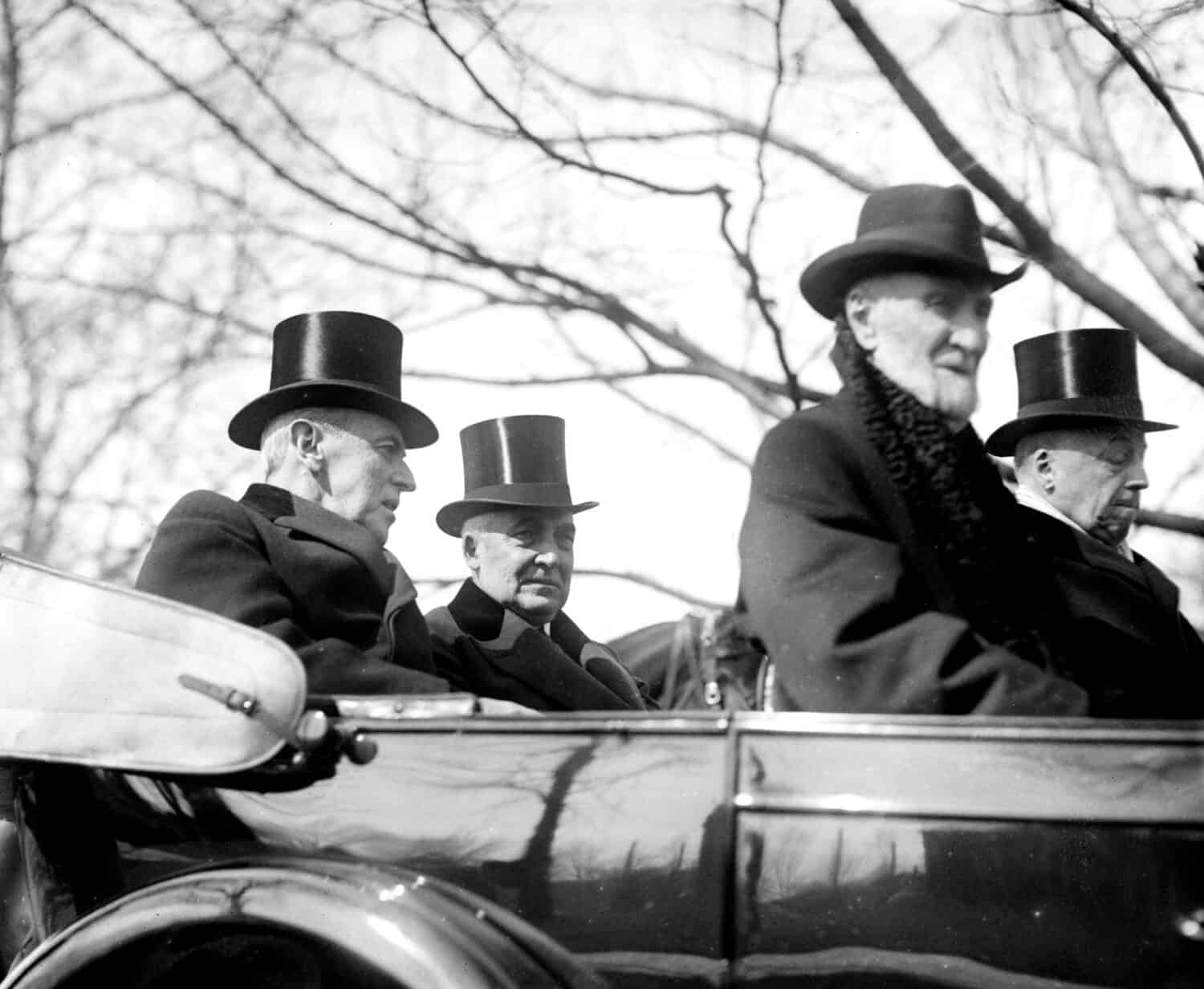
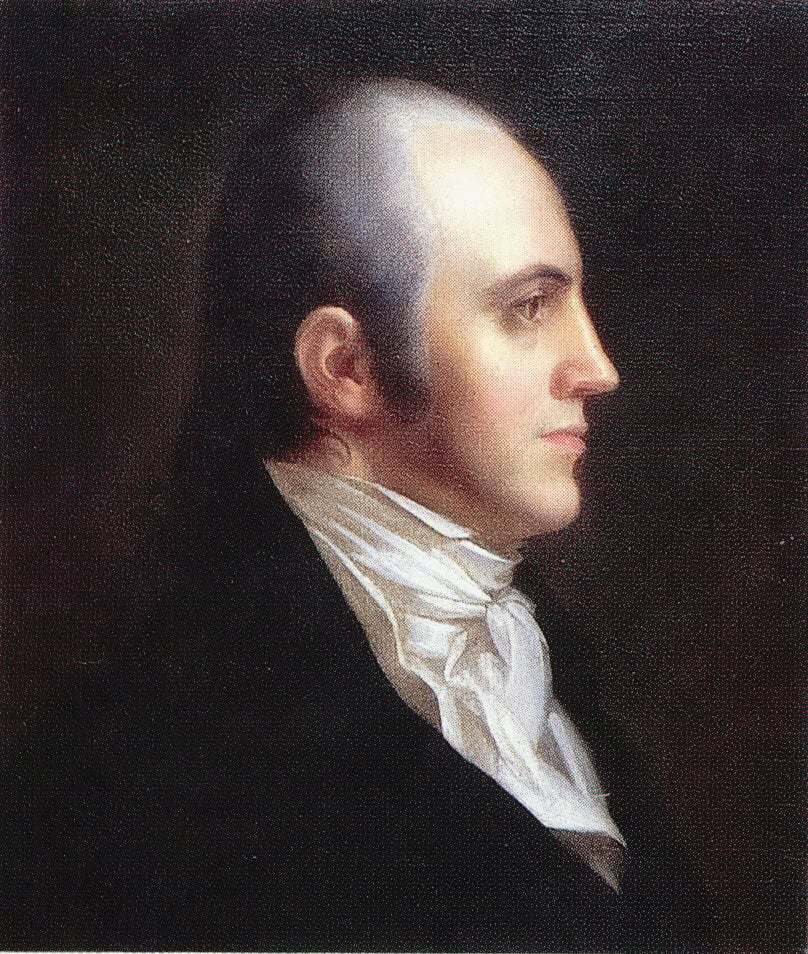

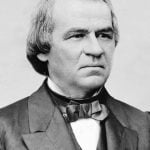
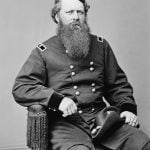

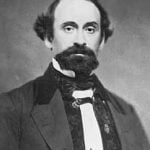


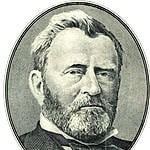
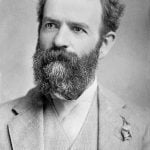

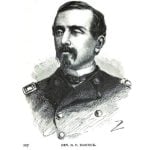

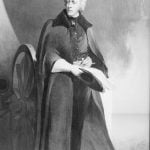

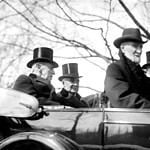
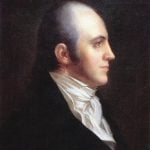
These Political Scandals Rocked Washington Before Watergate
It won’t surprise anyone to learn that American politicians have long been suspected of being untrustworthy, and at worst, corrupt. According to Pew Research, only 22% of Americans, as of May 2024, said that they trust the government. With scandal after scandal affecting Washington, D.C., well before Watergate was ever a thing, it’s no surprise that this lack of trust has grown into full-blown skepticism. Let's take a look at some of them now.
15. Andrew Johnson Impeachment
After President Lincoln’s assassination in 1865, Vice President Andrew Johnson took office and immediately wanted to change things up. Although he had supported the Union during the war, Johnson was opposed to freeing the slaves and other Reconstruction efforts.
This led him to clash with the Radical Republicans who controlled Congress, resulting in the passage of the Tenure of Office Act, which stripped Johnson of some of his powers. Johnson attempted to defy this law, and Congress impeached him, falling one vote short of removing him from office.
14. Trader Post Scandal
During President Grant’s second term, the Secretary of War, William Belknap, arranged to control the appointment of “sutlers” or civilian contractors who could operate supply stores around US military forts.
Belknap secretly profited from selling goods at higher-than-market prices, and the US House eventually charged him with using his office for personal gain, but did not have the votes to impeach him.
13. The XYZ Affair
A political scandal between 1797 and 1798 during John Adams's presidency, the XYZ Affair included a near confrontation between the US and Republican France. This led to the Quasi-War, or an undeclared war between the two countries, mainly fought at sea.
This issue is believed to center around the notion that repayment of French loans stopped in 1793, following the Revolutionary War. This allowed Congress and the president to build the nation’s military with significant public support.
12. Sanborn Contract
The Sanborn incident, or Sanborn Contract, occurred during President Grant’s administration. It involved private citizen John B. Sanborn, hired by the Secretary of the Treasury to collect $427,000 in unpaid taxes.
Richardson allowed Sanborn to keep half of what was collected, but after the scheme was uncovered, it was a significant black eye for Grant, who had to sign legislation to make the practice illegal.
11. Veterans’ Bureau Scandal
During Warren G. Harding's presidency, Charles R. Forbes, the Director of the Veterans Bureau, engaged in widespread corruption, including receiving kickbacks from contractors who wanted contracts to build veterans hospitals. The scandal was a major black eye, leading to Forbes' conviction and solidifying Harding’s administration as one of the most corrupt in US history.
10. Star Route Scandal
Occurring in the 1870s and coming to light in 1872, the Star Route scandal involved bid rigging and bribery in the United States Post Office. Postmaster General Thomas Brady, Senator Stephen Dorsey, and other postal contractors inflated the cost of mail delivery routes in the Western US, often for routes that were not fulfilled, defrauding the government.
This eventually led to the passage of the Pendleton Civil Service Reform Act to stop further acts of fraud.
9. Salary Grab Act
The Salary Grab Act, also known as the Legislative, Executive, and Judicial Expenses Appropriation Act, was passed on March 3, 1873. Sparking a firestorm of bad press, President Grant signed the act, doubling his salary and that of Supreme Court Justices.
Members of Congress also received retroactive salary increases, which led to massive public outcry and forced Congress to rescind the increase. The controversy over the Salary Grab Act prompted Ohio to ratify what would eventually become the 27th Amendment, though it was not fully ratified until 1992.
8. Black Friday Gold Scandal
On September 24, 1869, a gold panic broke out in the United States and would later be known as “Black Friday.” A conspiracy between Jay Gould and Abel Corbin, who was married to President Grant’s sister.
Three men formed a group to corner the gold market and force the price up, with Gould hoping to take advantage of Corbin’s relationship with the president about the gold market. The scandal hurt Grant’s administration and led to reforms in gold market regulation.
7. Yazoo Land Scandal
In the mid-1790s, the Yazoo Land Scandal involved the Georgia Governor and the Georgia General Assembly. At the time, Georgia sold 35 million acres of land, now parts of Alabama and Mississippi, to four private companies for $500,000, only a fraction of its value.
The scandal stemmed from many legislators involved in the sale owning some of this property, leading to the 1798 state constitution banning land deals among elected officials. It also helped rewrite contract law nationwide, including sending shockwaves through Washington, D.C., which took over land agreements.
6. Whiskey Ring
Exposed in 1875, this scandal began in 1871 and continued until 1876 during the presidency of Ulysses S. Grant. It focused on tax revenues and involved government agents, whiskey distillers, distributors, and politicians. Whiskey distillers bribed Treasury officials to increase their profits and evade taxes. The president’s private secretary, Orville Babcock, was indicted but acquitted.
5. Corrupt Bargain
In the 1824 presidential election, no candidate secured a majority of the electoral votes, which sent the decision to the House. Henry Clay threw his support behind John Quincy Adams, who was elected president.
However, supporters of popular vote winner Andrew Jackson felt that a “corrupt bargain” had elected the president. No illegal activity was ever proven, but it gave Jackson enough stature to win the 1828 election.
4. Eaton Affair
Between 1829 and 1831, President Andrew Jackson, Secretary of War John Eaton, and the vice president's wife were caught up in the Eaton Affair. Also known as the “Petticoat Affair,” this scandal was based on the ostracism of Eaton’s wife, Peggy, who was deemed too immoral to be a cabinet member's wife.
Socially boycotted, Jackson defended the Eatons before the scandal broke, prompting most of Jackson’s cabinet to be forced out.
3. Credit Mobilier Scandal
Between 1864 and 1867, the Credit Mobilier scandal involved a US Congressman from Massachusetts, the vice president to Ulysses S. Grant, and a former speaker of the House. The scandal included a sham company that Union Pacific Railroad executives created to trim money off the top of government-funded railroad projects.
The discounted shares sold to Congressmen would secure favorable legislation, damage the Republican Party, and end Oakes Ames's career.
2. Teapot Dome Scandal
It’s an unfortunate truth that President Warren G. Harding was a nice guy who didn’t pick the best people to surround him. Between 1921 and 1923, Interior Secretary Albert B. Fall leased Navy petroleum to private oil companies without a bidding process.
This forced the Senate to investigate and convict those involved of accepting bribes, leading Fall to become the first member of a presidential cabinet to go to prison.
1. Burr Conspiracy
One of the more bizarre political scandals in the US is that of the treasonous plot hatched by former vice president Aaron Burr. Between 1804 and 1807, Burr is said to have looped in then US General James Wilkinson to create a separate nation in the Southwest US or invade Spanish territories. Between 1804 and 1806, Burr and Wilkinson plotted, with the latter betraying Burr leading to his arrest in 1807.
The image featured at the top of this post is ©eurobanks/Shutterstock.com